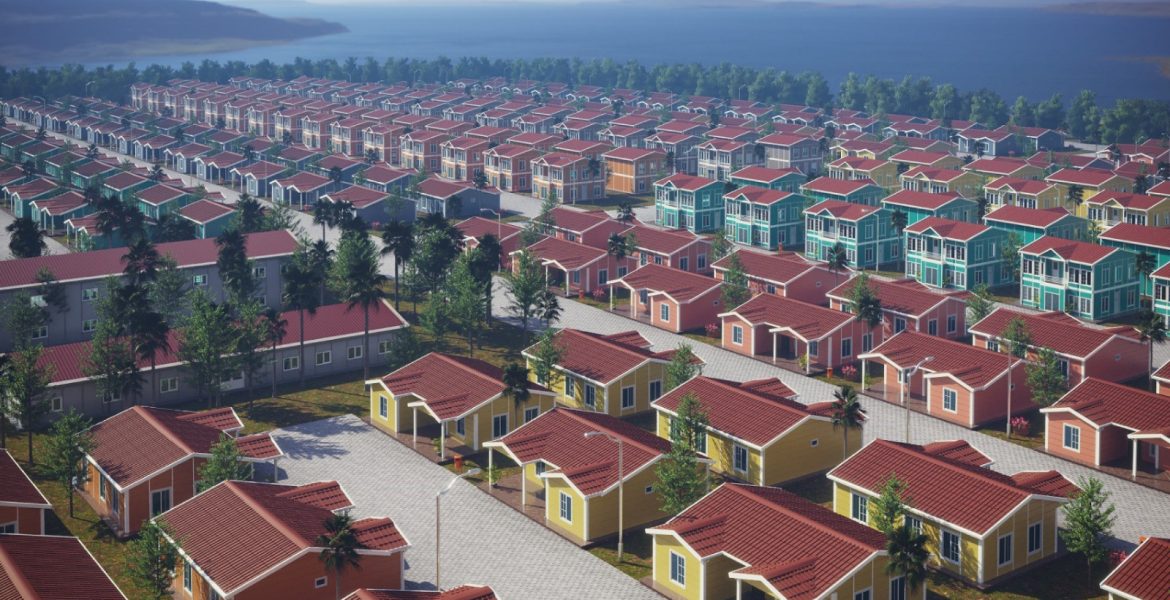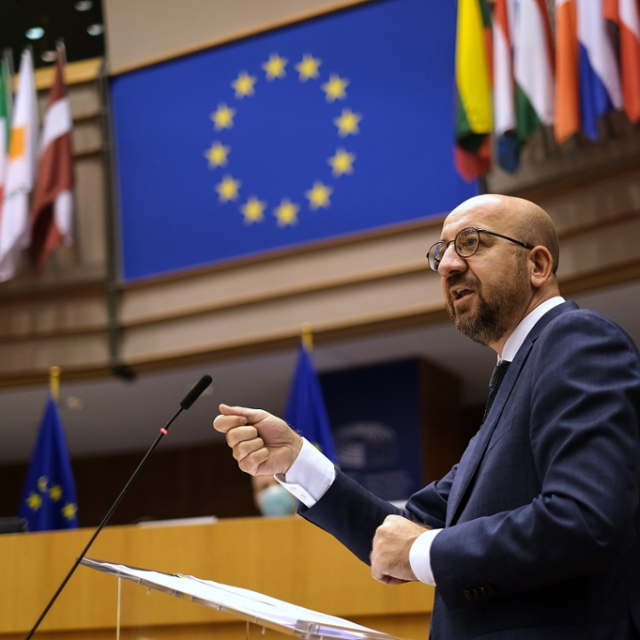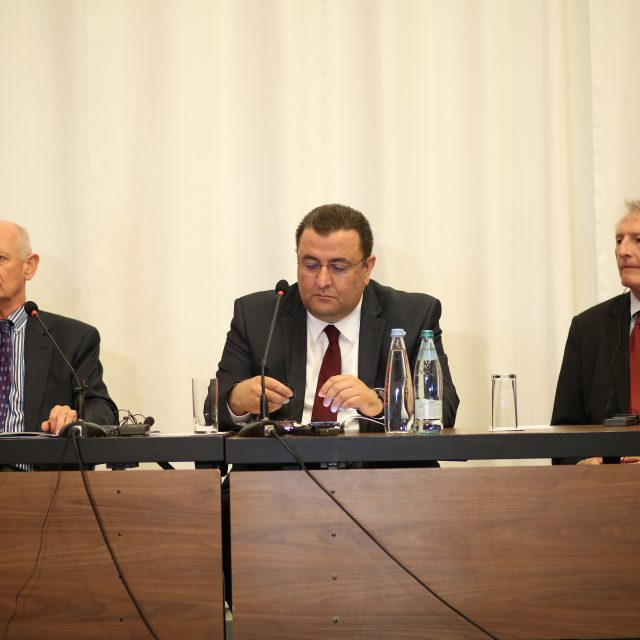Rental and housing markets in European cities and regions have come under significant pressure since the start of the Russian invasion in Ukraine. Members of the Commission for Territorial Cohesion Policy and EU Budget of the European Committee of the Regions (CoR) call for increased support for European regions and cities on the frontline of the refugee influx to ensure their long-term integration through affordable and accessible housing to all citizens.
The immediate and long-term challenges of housing the 7.3 million Ukrainian refugees registered in the EU’s cities and regions was the subject of debate on 29 September at a meeting of the CoR’s Commission for Territorial Cohesion Policy and EU Budget (COTER). The long-term challenges were particularly emphasised by Jan Fluxa, the deputy minister for regional development of the Czech Republic, which currently holds the rotating presidency of the Council of the European Union. Many of the refugees will stay “for longer, if not forever” and there is a need to ease their move from “immediate but short-term” housing solutions – which, Deputy Minister Fluxa said, had created a “very unpredictable situation” – to “standard housing”.
Issues touched on included the EU’s ongoing reliance on households to host Ukrainian refugees, fears that the soaring prices of energy will make it more difficult to maintain this level of voluntary support over the winter, difficulties finding apartments on the market, the importance of subsidising the renovation of unused housing stocks in order to find homes for refugees, and whether to ringfence social housing in order to ensure that pre-existing housing needs are unaffected.
Rafal Trzaskowski (PL/EPP), Mayor of Warsaw, stressed that the population in Warsaw has increased by 12% due to the refugee crisis caused by the war in Ukraine. Most refugees are living in the homes or second homes of Polish citizens, who will struggle to provide adequate housing for Ukrainians in winter due to increasing energy prices. “Financial support is urgently needed in order to provide refugees, and especially the ones with special needs, with suitable and safe housing. There has been no strategy on housing for refugees in the EU and most burdens have been shifted to local and regional authorities. The access to funds should hence directly be channelled to regions and cities.”
Andres Jaadla (EE/Renew), Member of Rakvere City Council, underlined: “In our small region we only have 15,000 inhabitants. With the ongoing refugee crisis, housing prices are rising rapidly. Providing all Ukrainians with safe and sustainable housing on the long term will help them to overcome the approaching winter and to focus on finding jobs and schools for their children.”
The Czech government has made housing an important item on the agenda of its Council presidency and has asked for input from local and regional administrations ahead of a 8-9 November meeting focused on housing that it has organised. Along with Poland and Germany, the Czech Republic has taken in the largest number of Ukrainian refugees. Deputy Minster Fluxa said that one in 15 current residents in Prague is a refugee from the conflict in Ukraine.




